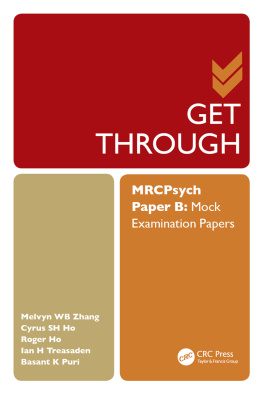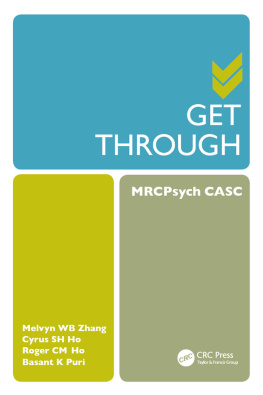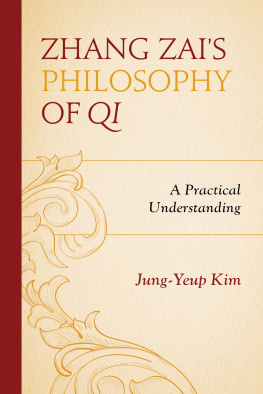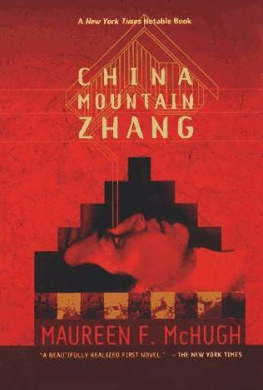Zhang Xuecheng - On Ethics and History
Here you can read online Zhang Xuecheng - On Ethics and History full text of the book (entire story) in english for free. Download pdf and epub, get meaning, cover and reviews about this ebook. year: 2011, publisher: Stanford University Press, genre: Religion. Description of the work, (preface) as well as reviews are available. Best literature library LitArk.com created for fans of good reading and offers a wide selection of genres:
Romance novel
Science fiction
Adventure
Detective
Science
History
Home and family
Prose
Art
Politics
Computer
Non-fiction
Religion
Business
Children
Humor
Choose a favorite category and find really read worthwhile books. Enjoy immersion in the world of imagination, feel the emotions of the characters or learn something new for yourself, make an fascinating discovery.
- Book:On Ethics and History
- Author:
- Publisher:Stanford University Press
- Genre:
- Year:2011
- Rating:3 / 5
- Favourites:Add to favourites
- Your mark:
- 60
- 1
- 2
- 3
- 4
- 5
On Ethics and History: summary, description and annotation
We offer to read an annotation, description, summary or preface (depends on what the author of the book "On Ethics and History" wrote himself). If you haven't found the necessary information about the book — write in the comments, we will try to find it.
On Ethics and History — read online for free the complete book (whole text) full work
Below is the text of the book, divided by pages. System saving the place of the last page read, allows you to conveniently read the book "On Ethics and History" online for free, without having to search again every time where you left off. Put a bookmark, and you can go to the page where you finished reading at any time.
Font size:
Interval:
Bookmark:
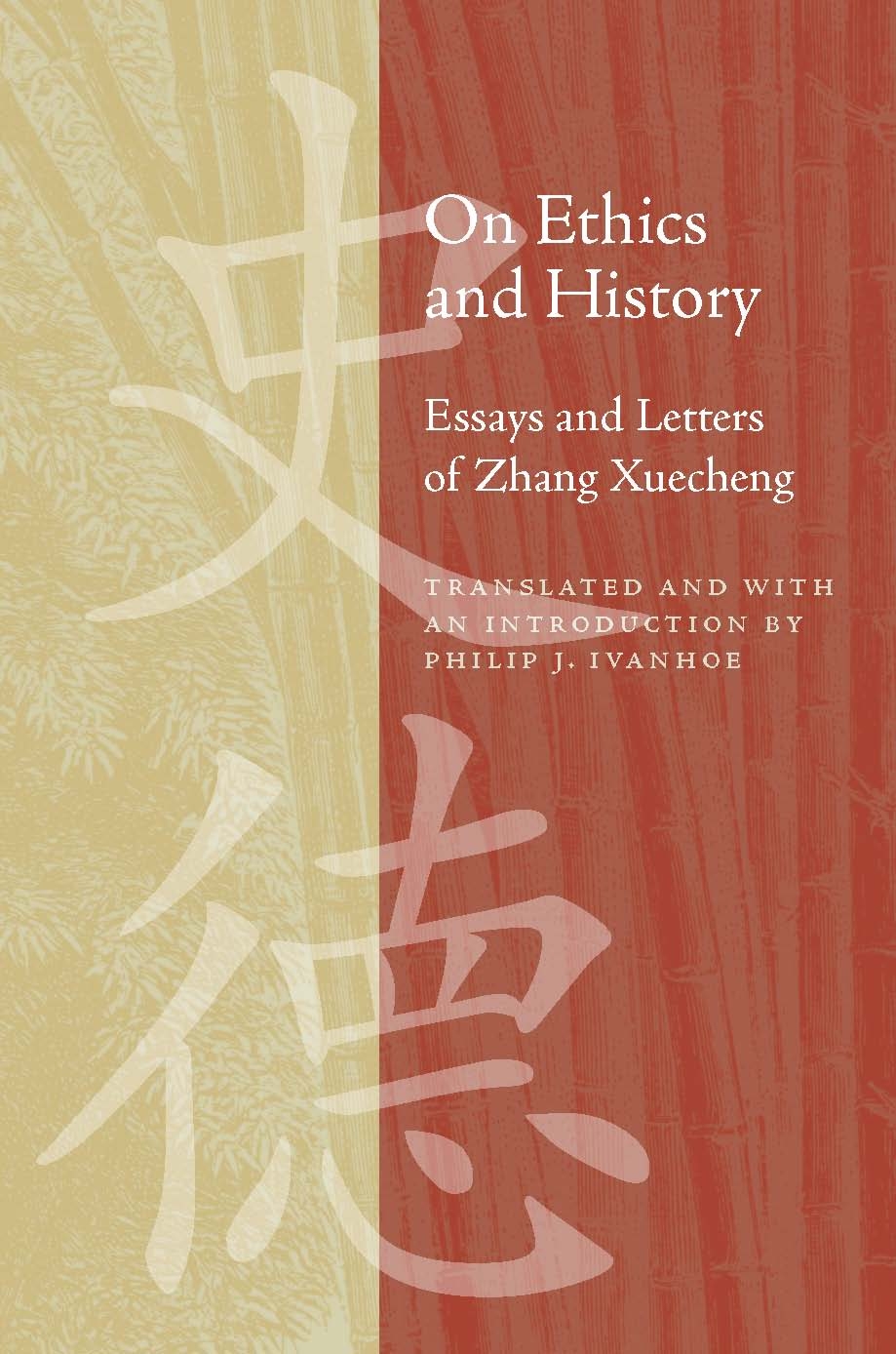
Thanks to Erin M. Cline, Eirik L. Harris, Eric L. Hutton, On-cho Ng, David W. Tien, and Yu Kam-por for corrections, comments, and suggestions on earlier drafts, to Sally Serafim for her excellent copy editing, to Bruce Tindall for compiling the index, and to Stacy Wagner for shepherding this volume to completion. Special thanks to the Department of Public and Social Administration, City University of Hong Kong, for generously supporting this work and to Melanie J. Dorson and Justin Tiwald for carefully reading through and commenting on the entire manuscript.
Benevolence ( ren  is wide-ranging concern. Righteousness ( yi
is wide-ranging concern. Righteousness ( yi  ) is doing what is proper. To act out of these [two] is the Way ( dao ). Ren and yi are fixed terms, while dao and de are open concepts. And so, there is the Way of the cultivated person and the Way of the petty person; there is inauspicious as well as auspicious Virtue.
) is doing what is proper. To act out of these [two] is the Way ( dao ). Ren and yi are fixed terms, while dao and de are open concepts. And so, there is the Way of the cultivated person and the Way of the petty person; there is inauspicious as well as auspicious Virtue.
Laozi belittled benevolence and righteousness, denying and denigrating them. His perspective was narrow. Someone sitting in a well and gazing up at the Heavens will say that the Heavens are small, but this is not because the Heavens are small. Laozi performed only minor acts of benevolence and isolated acts of righteousness, and so it was only natural that he belittled them. What he called the Way was simply the way with which he was familiar. But this is not what I call the Way. What he called Virtue was simply the Virtue with which he was acquainted. But this is not what I call Virtue. Whenever I talk about the Way or Virtue, they always are united with benevolence and righteousness. This is what people throughout the world mean when they talk [of the Way or Virtue]. The dao and de that Laozi talked about are separated from benevolence and righteousness. This is just one persons private way of talking.
The Zhou dynasty declined and Kongzi passed away. In the period that followed, there was the burning of the books in the Qin dynasty (221206 B.C.E.), Daoism in the Han dynasty (206 B.C.E.220 C.E.), and Buddhism in the Jin (265420 C.E.), Wei (386549), Liang (50257), and Sui (589617) dynasties; those who talked about the Way, Virtue, benevolence, and righteousness either followed the teachings of Yang Zhu or Mozi or accepted the doctrines of Laozi or the Buddha. Those who accepted these teachings had to reject Confucianism. They regarded the leaders of these schools as their lords and Kongzi as a slave; they adhered to the new and vilified the old. Is it not sad! Those living in later ages who want to learn about the Way, Virtue, benevolence, and righteousnessfrom whom can they hear such things?
Daoists say, Kongzi was a disciple of our master. Instead, all they want is to hear about the unusual and strange.
In ancient times, there were four classes of people; today there are six. [And so today], for every family farming the land, there are six consuming its grain. For every family engaged in craft, there are six using its products. For every family engaged in trade, six must live off its profits. Is it any wonder that the people are poor and turn to robbery?
In ancient times, people faced many perils. But sages came forth and taught them how to be fruitful and nurture their lives, serving as rulers and teachers. When the people were cold, they taught them how to make clothing. When the people were hungry, they taught them how to make food. Because living in trees was dangerous and living upon the ground unhealthy, they taught them how to build palaces and halls. They taught them crafts to provide implements and tools. They taught them to trade, so they could supply their various needs. They taught them the arts of healing and medicine, to fend off early death. They taught them how to perform funerals and burials, sacrifices and offerings, to enlarge their sense of kindness and care. They taught them rituals, to provide them with a sense of precedence and order. They taught them music, to relieve their anxieties and distress. They taught them government in order to lead the idle and remiss and punishments in order to restrain the violent and unruly. Because people tended to deceive one another, they taught them about tallies and seals, weights and measures, and balances and scales in order to instill trust. Because people tended to plunder [each others cities], they taught them how to build walls and fortifications and make armor and weapons in order to protect themselves. Whatever peril came their way, the sages provided a means for defense; whenever misfortune arose, the sages helped them fend it off.
Now [the Daoists] say, Until the sages are dead, the great robbers will never cease their activity ... Destroy the measures and break the scales; then the people will not contend. How can this be! They simply do not stop to reflect. Had there not been sages in the past, human beings would have gone extinct long ago. Why? Because they have no feathers or fur and no scales or shells to survive the cold and heat. They have no claws or teeth to contend for food. This is why there are rulers to issue orders and ministers to implement the rulers orders and disseminate them among the people. The people produce grain and rice, linen and silk, make implements and utensils, and exchange goods and supplies in order to serve their superiors. If rulers do not issue orders, they lose what makes them rulers. If ministers do not implement the rulers orders and disseminate them among the people, they lose what makes them ministers. If the people do not produce grain and rice, linen and silk, make implements and utensils, and exchange goods and supplies in order to serve their superiors, they should be punished.
Now the teachings of Buddhism say that you must cast aside ruler and minister, eliminate father and son, and prohibit the Way of creating and nourishing life together in order to seek for so-called purity and Nirvana. How can this be! It is fortunate for the followers of Buddhism that they appeared after the Three Dynasties and so did not suffer the criticisms of kings Yu, Tang, Wen, and Wu, the Duke of Zhou, and Kongzi. But how unfortunate for them that they did not appear prior to the Three Dynasties, so their teachings could have been corrected by kings Yu, Tang, Wen, Wu, the Duke of Zhou, and Kongzi.
The titles emperor and king are quite different but indicate an equal level of sageliness. To wear garments of linen in the summer and fur in the winter, to drink when thirsty and eat when hungrythese are quite different affairs but are equally wise. Now the Daoists say, Why not follow the life of great antiquity, when there was nothing to do? But this is like criticizing those who wear furs in the winter by saying, Why not follow the easier path of wearing linen garments? or those who eat when they are hungry by saying, Why not follow the easier path of finding something to drink?
A traditional text How can a son not treat his father as father? How can a minister not treat his ruler as ruler? How can the people not attend to their affairs?
When Kongzi composed the Spring and Autumn Annals, he treated those feudal lords who used the rituals of barbarian cultures as barbarians and those whose ritual practices were close to the Chinese tradition as Chinese. Are we not close to becoming barbarians ourselves?
Font size:
Interval:
Bookmark:
Similar books «On Ethics and History»
Look at similar books to On Ethics and History. We have selected literature similar in name and meaning in the hope of providing readers with more options to find new, interesting, not yet read works.
Discussion, reviews of the book On Ethics and History and just readers' own opinions. Leave your comments, write what you think about the work, its meaning or the main characters. Specify what exactly you liked and what you didn't like, and why you think so.

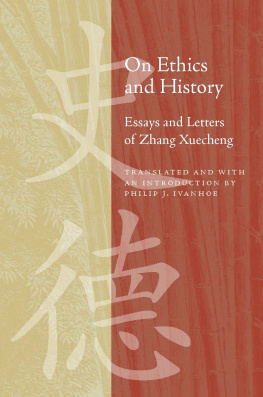



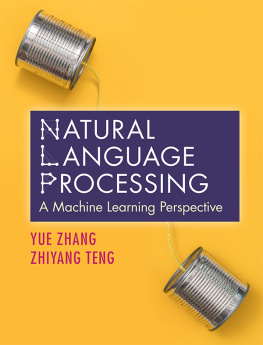
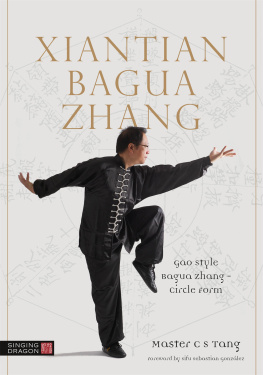
![Zhang Gongzhe [张公者] - Contemporary Chinese Calligraphy [当代中国书法]](/uploads/posts/book/126572/thumbs/zhang-gongzhe-contemporary-chinese.jpg)

